The Burgas-Alexandroupolis pipeline is on the table after the EU embargo on Russian oil and the increase in transit fees for the use of the Bosphorus Strait, writes Al Jazeera, which cites statements from both the Greek Minister of Energy, Kostas Skrekas, and his Bulgarian counterpart Roman Hristov.
Specifically, the Bulgarian minister said: “We have a two-year derogation [from EU sanctions] to buy Russian oil, but after that, we will face problems due to the increase in transit fees through the Bosphorus. So, we have begun discussing the revival of the Burgas-Alexandroupolis pipeline, and its extension north to the ports of Varna and Constanza.”
The pipeline will stretch 280 kilometers from the port of Alexandroupolis to the port of Burgas on the Black Sea and may continue north to the port of Constanza in Romania, Hristov explained.
“We support the project,” Greek Energy Minister Kostas Skrekas stated succinctly, without giving more information about the contacts. On November 22, Kostas Skrekas stated to OT that: “Bulgaria has proposed the specific project to us and we are in discussions”, adding that: “the transfer will take place from the point of the pipeline in Alexandroupoli and its quantities will be transferred to Burgas of Bulgaria”.
The original idea of the Burgas-Alexandroupoli pipeline, which first appeared in 1993, was to flow south, exporting crude oil from the Black Sea to the Mediterranean and beyond.
“The real problem was the delays and congestion in the strait. This is very easy to overcome with a pipeline,” said Michalis Myrianthis, who was involved in the project at the time.
“We wanted to be linked to a major producer for long-term supply… There was a very good relationship with Russia then,” he told Al Jazeera. “I remember we were talking about a second, parallel pipeline.”
In 2007, Greece, Bulgaria and Russia signed a political agreement to build the pipeline, with Russia promising to provide 35,000-50,000 tonnes of oil per year to fill it.
A 650,000-ton terminal at Alexandroupolis would ensure continuous supply to ships.
But Bulgaria pulled out of the project in 2010, citing environmental concerns, with industry insiders telling Al Jazeera it was US opposition to dependence on Russian oil that scuppered the project.
Last October, Turkey gave the pipeline a boost when it raised transit fees for tankers using the Bosphorus quintupled to $4 per tonne of oil, adding about half a percentage point to current oil prices.
Turkey will increase its revenue from transit fees from $40 million to $200 million annually, according to the Daily Sabah newspaper.
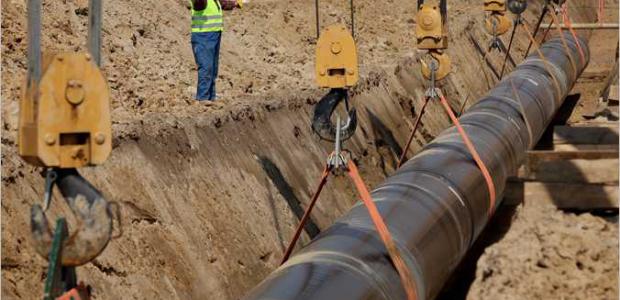

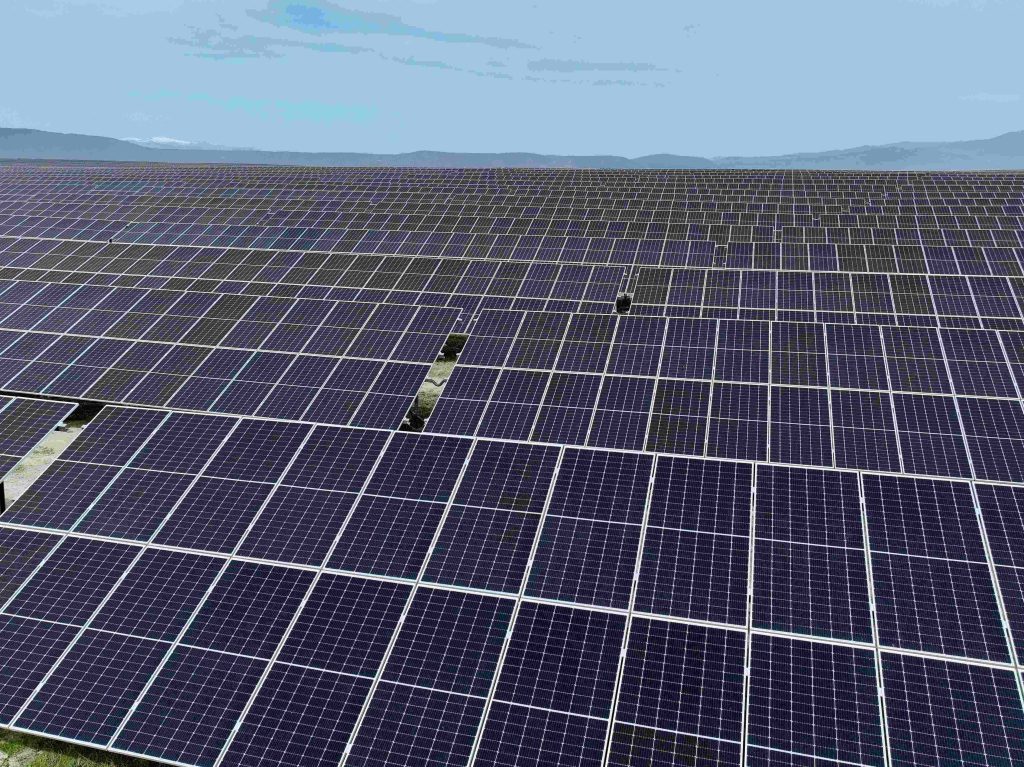

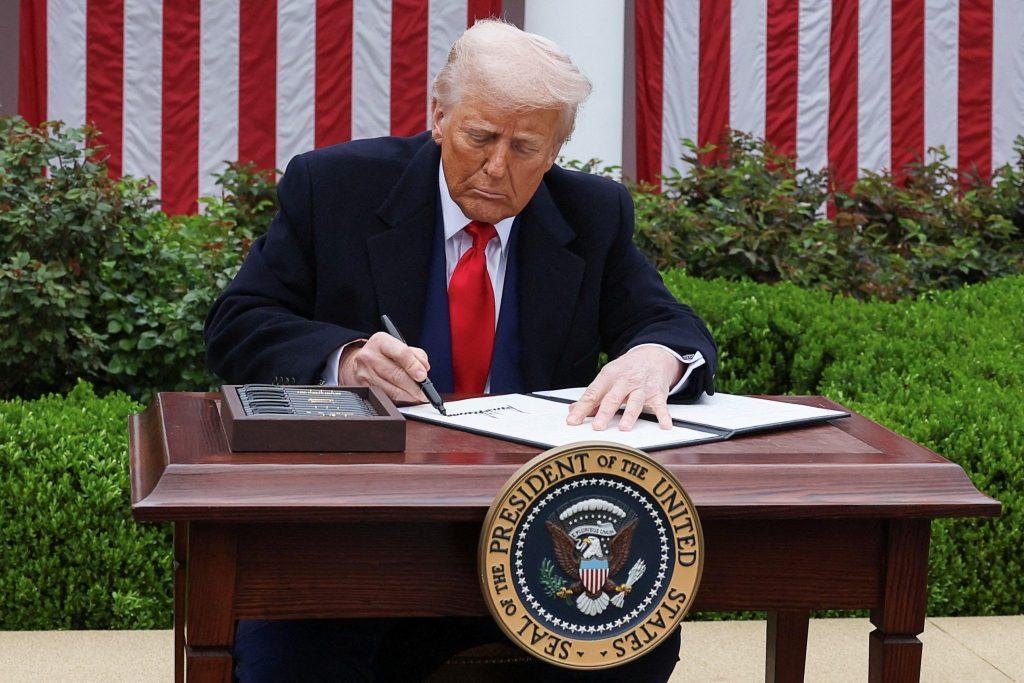


![Βούτυρο: Τι δείχνει το χρηματιστήριο τιμών – Γιατί παίρνουν… φωτιά τα κρουασάν [γραφήματα]](https://www.ot.gr/wp-content/uploads/2025/07/kroyasan-1024x683-1-300x300.jpg)





![Δασμοί: Οι εμπορικές συνομιλίες ΕΕ-ΗΠΑ για τους δασμούς στα αυτοκίνητα [γραφήματα]](https://www.ot.gr/wp-content/uploads/2025/07/tofas.jpg)

![Τεχνητή νοημοσύνη: Η ζήτηση ενέργειας αυξάνει τις εκπομπές CO2 [γράφημα]](https://www.ot.gr/wp-content/uploads/2025/02/data-center.jpg)
![Χρυσές λίρες: Πουλάνε μαζικά οι Έλληνες το εξάμηνο του 2025 [γράφημα]](https://www.ot.gr/wp-content/uploads/2025/07/photo_2025-07-04_13-01-06.jpg)

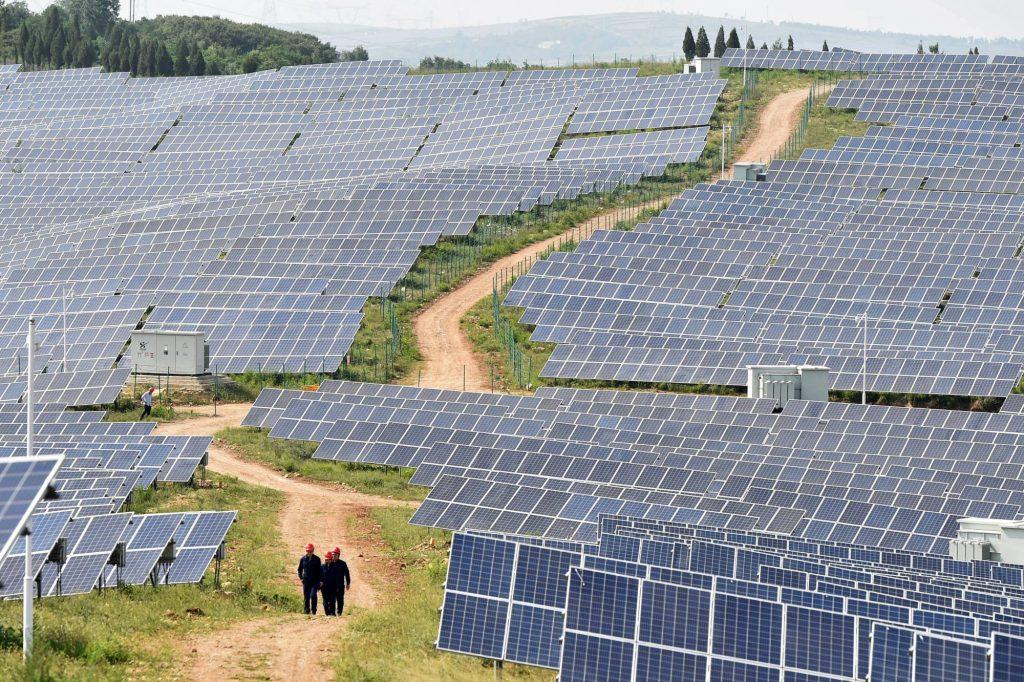
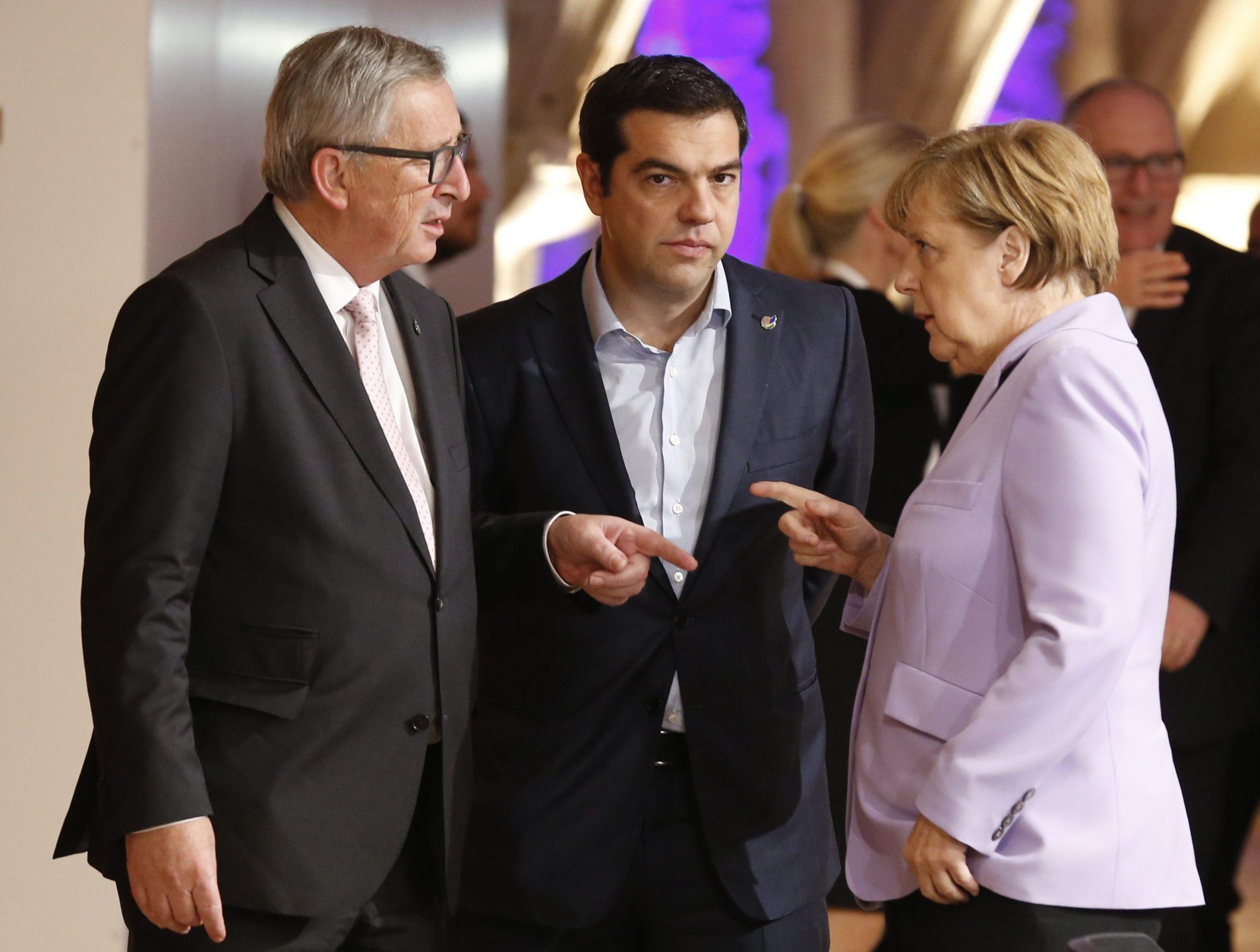

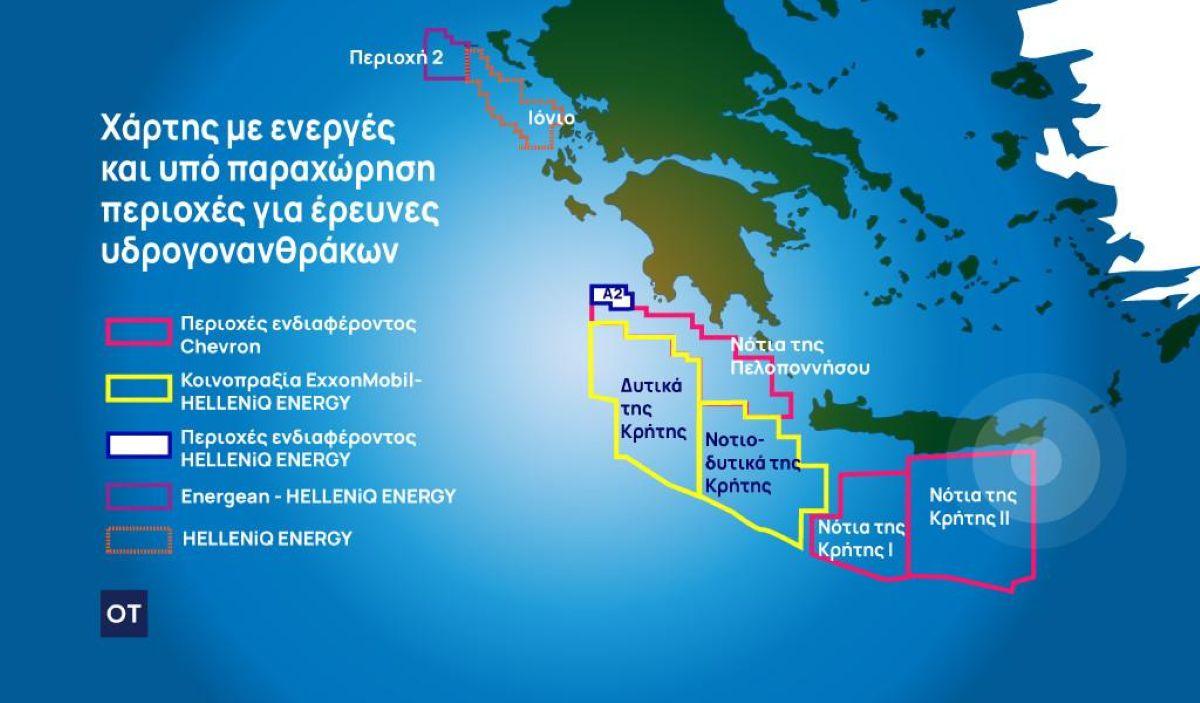
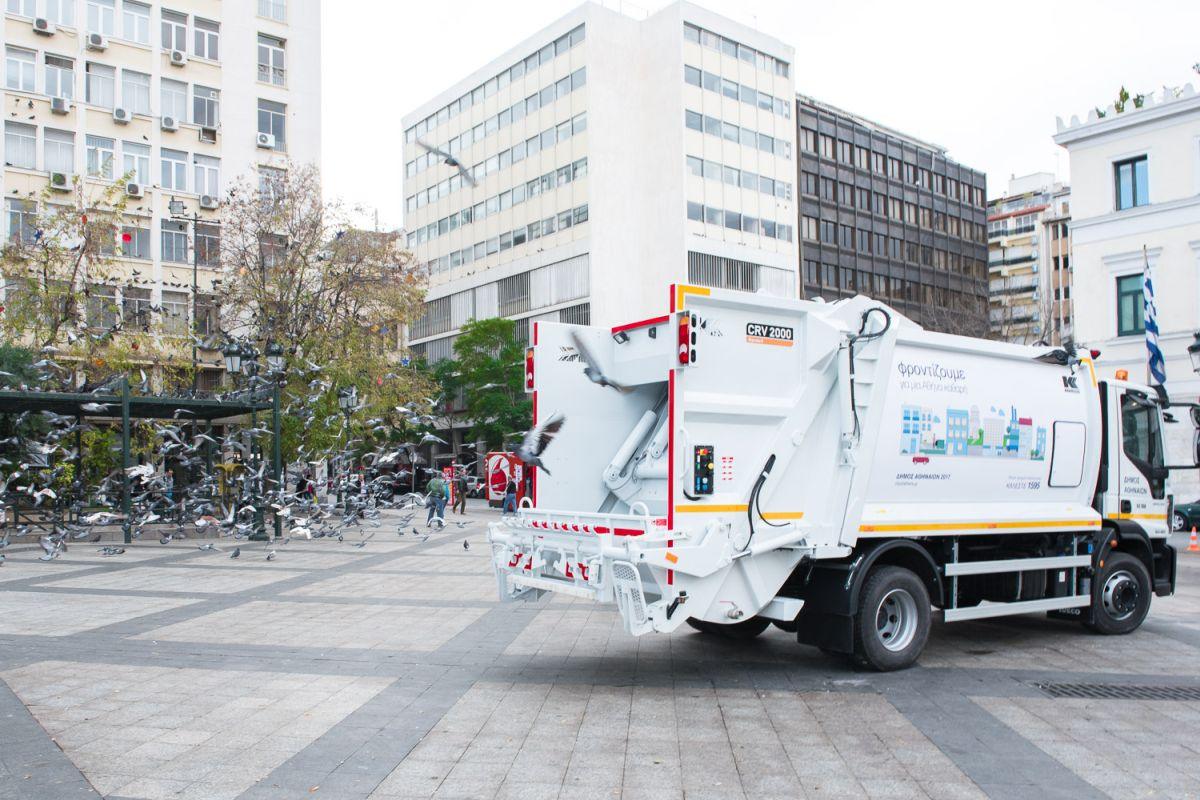
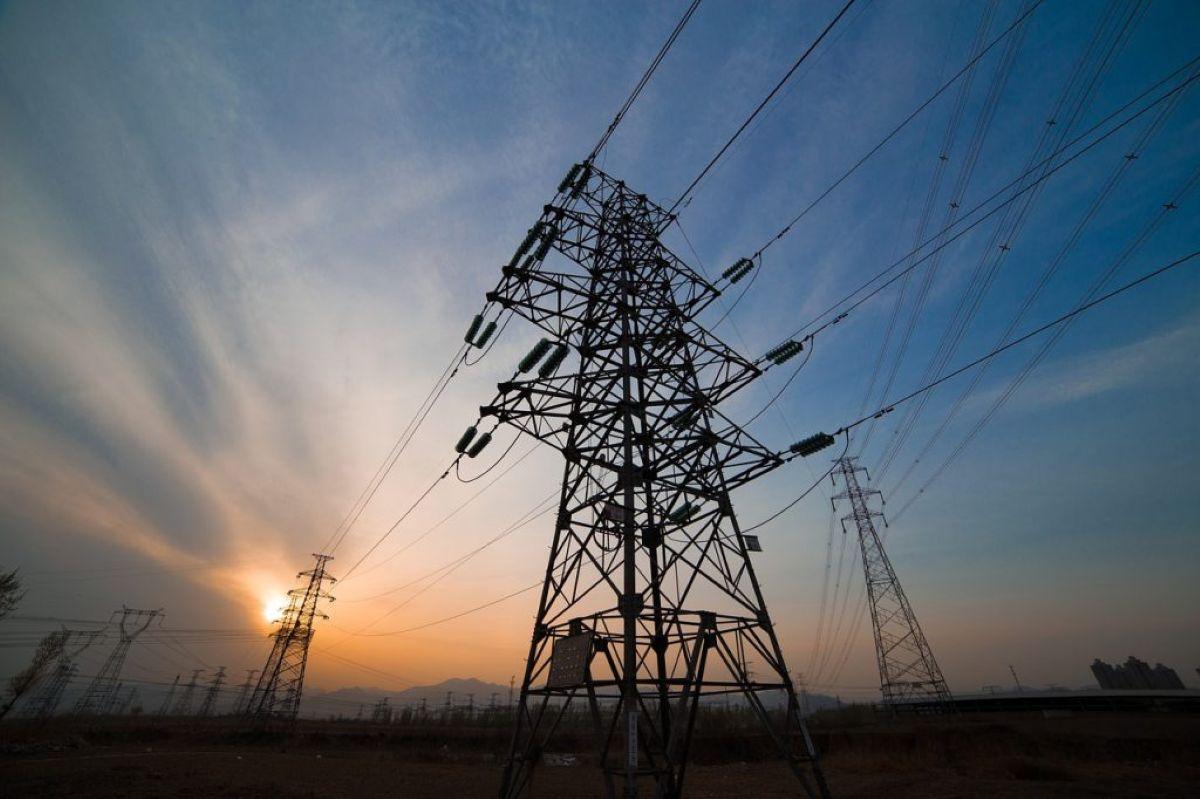

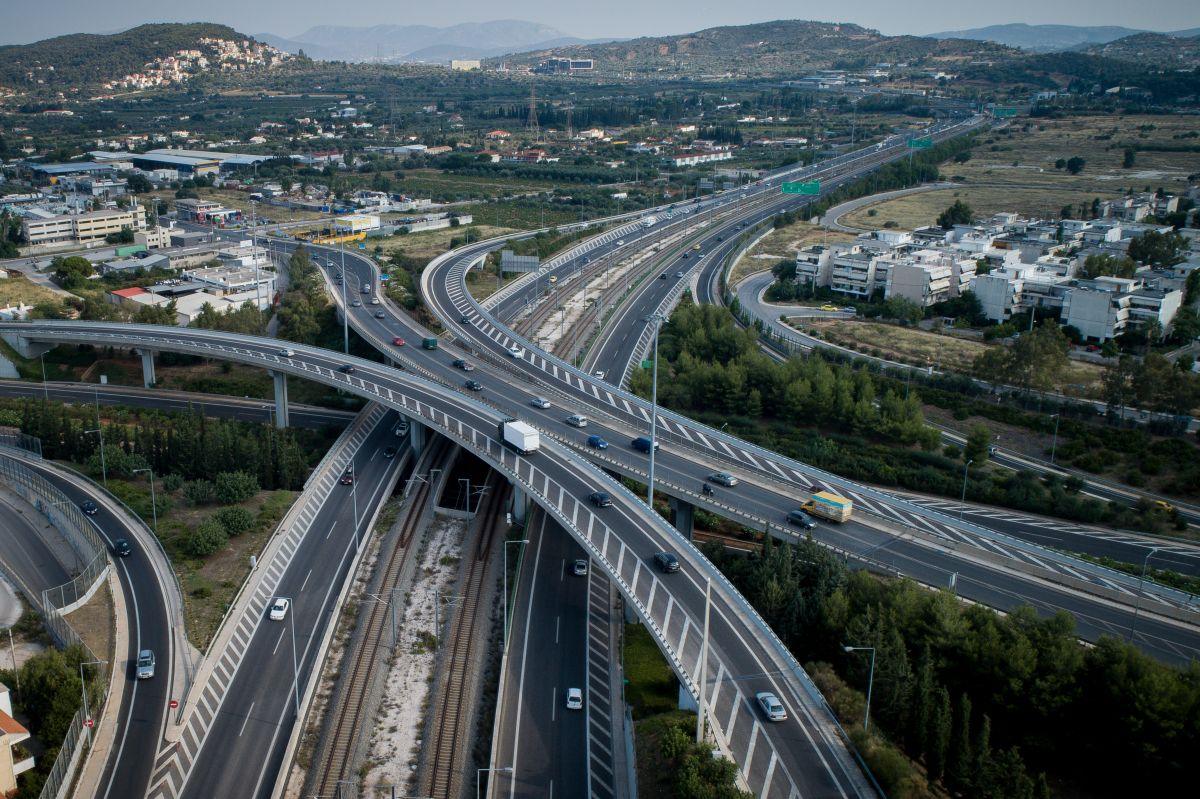


![Βούτυρο: Τι δείχνει το χρηματιστήριο τιμών – Γιατί παίρνουν… φωτιά τα κρουασάν [γραφήματα]](https://www.ot.gr/wp-content/uploads/2025/07/kroyasan-1024x683-1.jpg)


![Εκατομμυριούχοι: Η μεγαλύτερη μετακίνηση πλούτου στην ιστορία το 2025 [γράφημα]](https://www.ot.gr/wp-content/uploads/2024/04/money-2048x1366-1.jpeg)
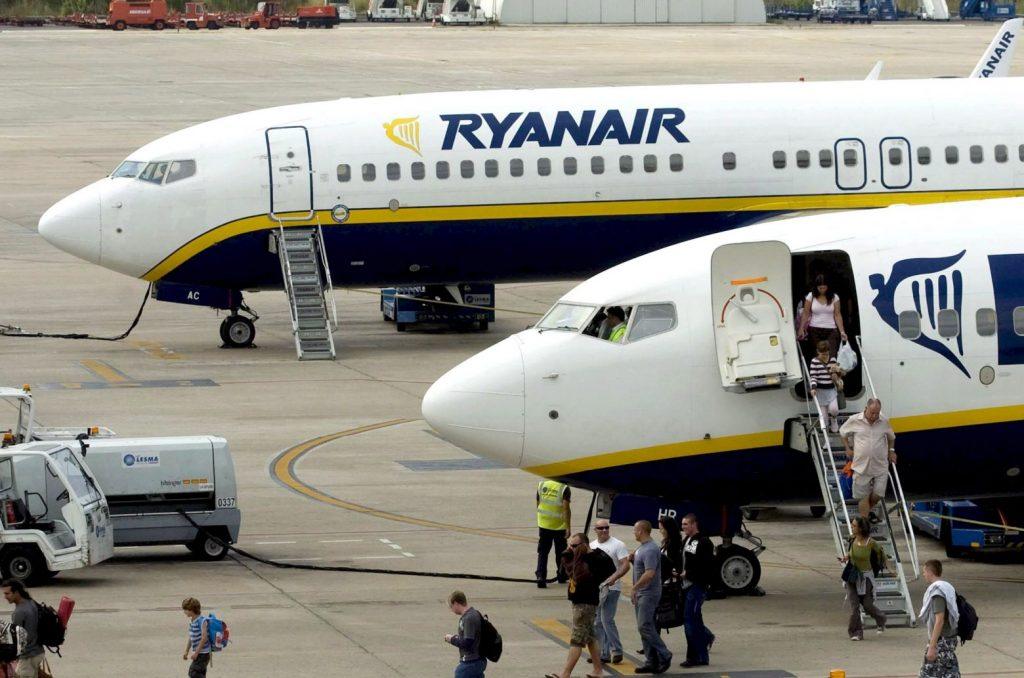
![Τραμπ: Διοργανώνει σύνοδο κορυφής ΗΠΑ και πέντε αφρικανικών χωρών [γράφημα]](https://www.ot.gr/wp-content/uploads/2025/06/trump-maga-scaled.jpg)




